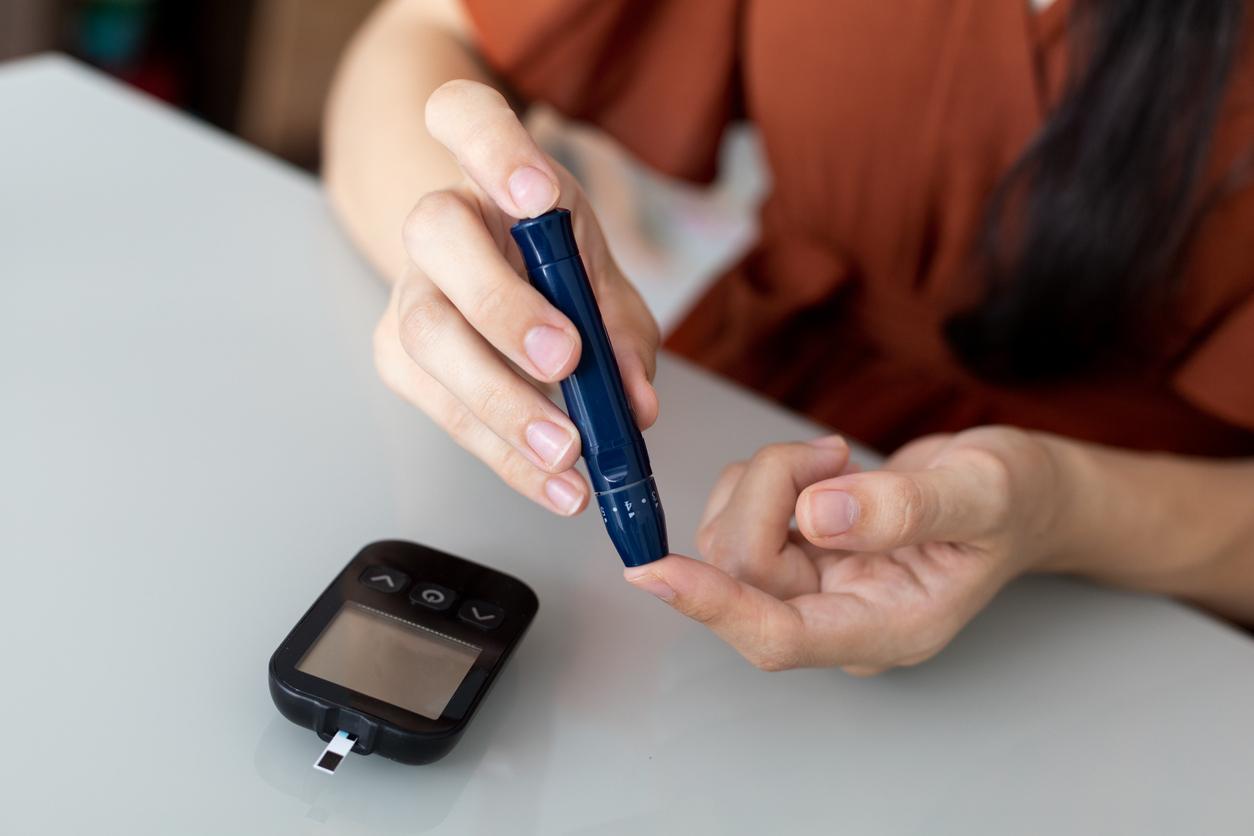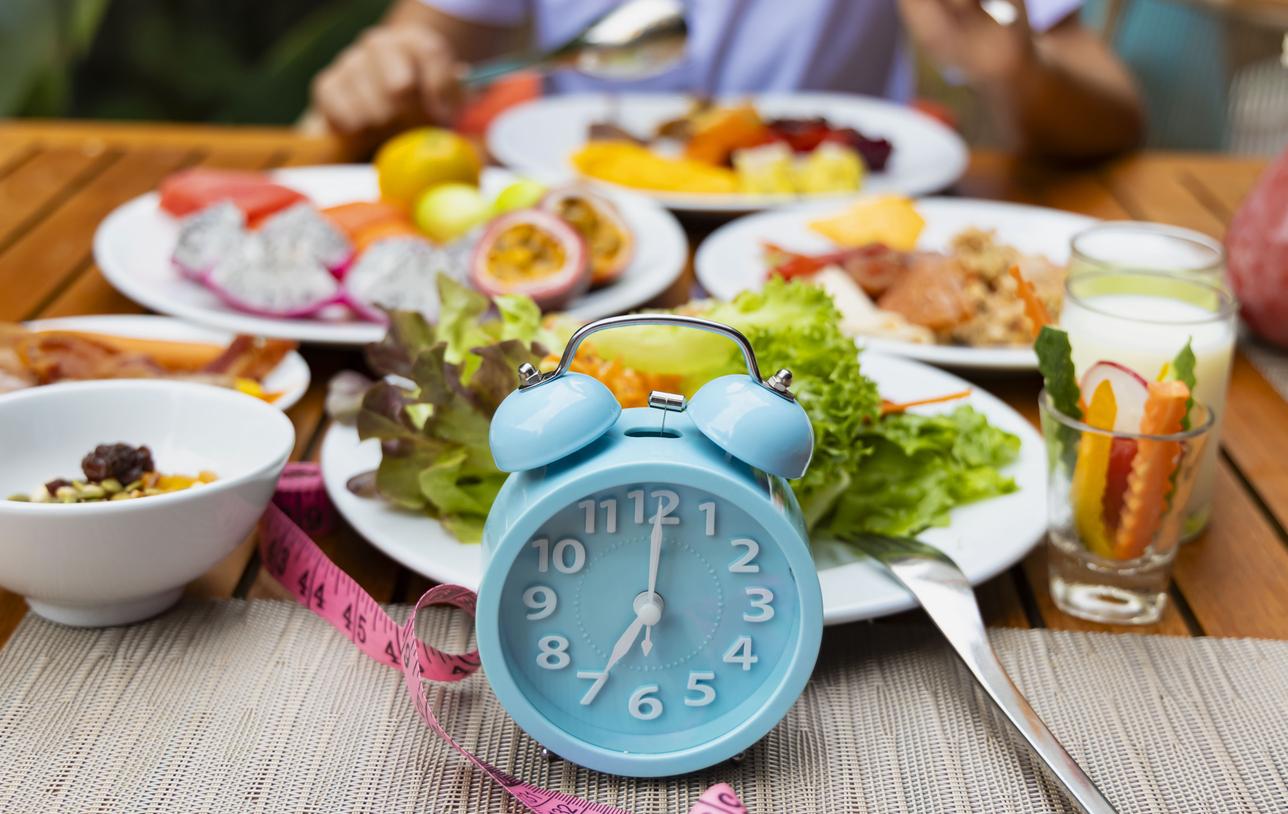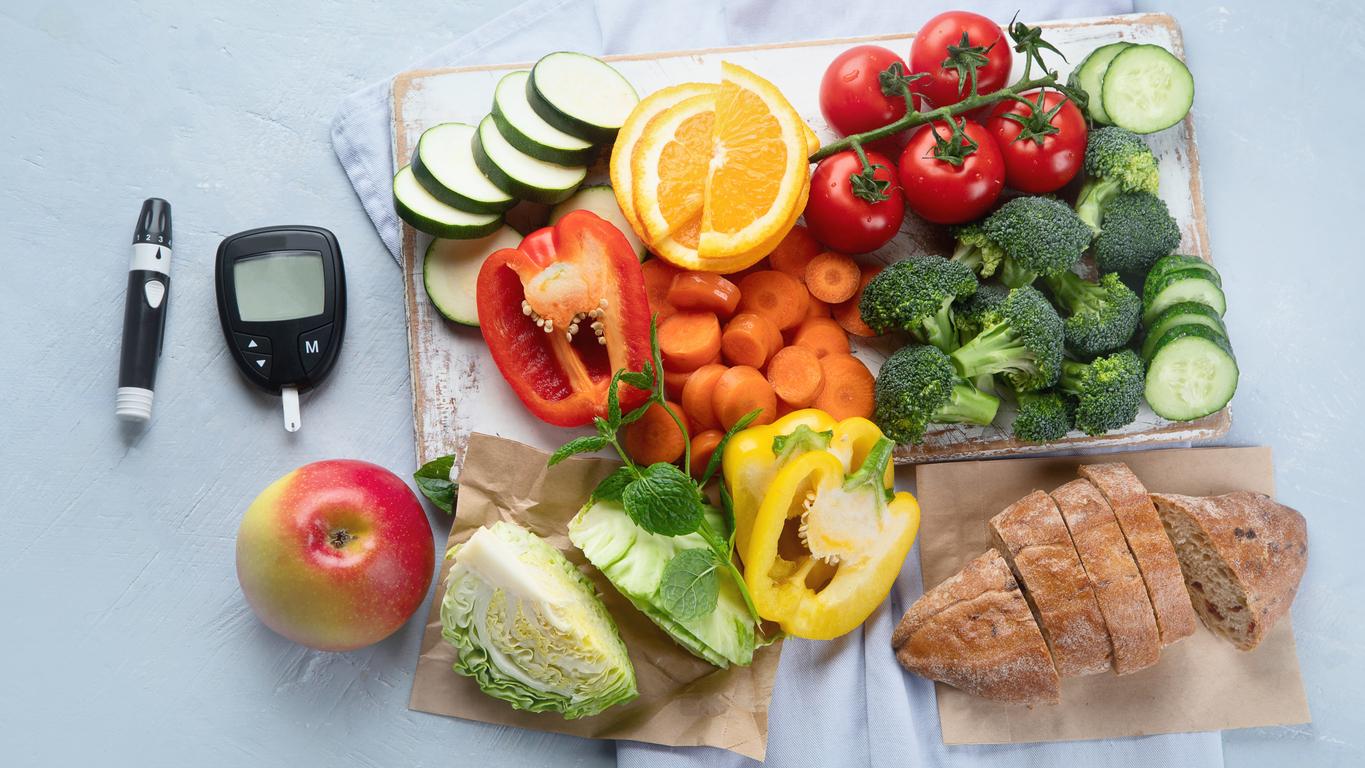THE iced tea is often considered a healthier choice than sodas. In fact, many customers prefer this option when visiting McDonald’s. However, this alternative could be questioned in light of the revelations made by an employee who decided to share the recipe of this drink. According to her, iced tea would be much more sugar than one might imagine, as reported by the North American newspaper New York Post.
Behind the scenes of making iced tea at McDonald’s
Through a video went viral on TikTok, user @gia2bad shared a startling revelation regarding the making iced tea at McDonald’s. In this video, which has already reached 1.3 million views, Gia reveals that the fast food chain would add an entire bag of sugar four pounds (over two kilos) in a bucket of iced tea. The message accompanying the video leaves no room for confusion: “If you were wondering why sweet tea is so sweet at McDonald’s“. While the sugar is poured into the preparation, another message is displayed: “Yes, sometimes we use a whole bag of sugar, or even two.”
@gia2bad Yes we use a whole bag sometimess 2 ♀️ ♀️ #fyp♬ original sound – DJ Veinz
“I remember taking a sip and nearly fainting”
The reaction of the public to this revelation oscillated between disbelief and humor. “Would you like some sugar with your tea?” ; “Jaw dropped, it’s literally cancer” ;“I’m going to end up having diabetes.” ; “I remember taking a sip and nearly fainting”or “ten cans of diabetes” can we read among the many comments of Internet users.
What does McDonald’s say about the ingredients in its iced tea?
While the McDonald’s website states that a tall glass of iced tea contains 40 grams of sugar, this revelation suggests that the sugar content real could be significantly more high. This information has sparked heated debates on the impact of these types of drinks on health, especially given the recommended daily intake of added sugars.
The Dietary Guidelines for Americans, established by the United States Food and Drug Administration, recommend that added sugars should not exceed 10% of intake calorie daily total. For a 2,000 calorie diet, that works out to a daily limit of about 50 grams of added sugar. If we compare these recommendations with the amount of sugar revealed in McDonald’s iced tea, questions arise about the possible repercussions on the health of those who are tempted by this ultra-sweet drink.
Other employees had already alerted about the preparation of iced tea
Questions have been raised by some viewers of the video, questioning the reliability of this revelation. They put forward the idea that the composition of iced tea could vary from one branch McDonald’s to the other. Still, it’s important to note that Gia isn’t the first McDonald’s employee to share information on making the chain’s iced tea. In another TikTok video that also went viral, a former McDonald’s employee by the name of Nicole Weiser had already alert on the amount of sugar used to prepare the iced tea. “For every four gallons (about 15.14 liters) of tea, an entire four-pound (about 2 kilo) bag of sugar was added”explained the woman, who said she was a manager at McDonald’s, in the video that has since been shared on YouTube and after being deleted, she testified: “500 grams of sugar for about 3.7 liters of tea. I stopped drinking it after realizing this. I was really disgusted.”
What are the risks of overconsumption of sugar?
The overconsumption of sugar is not without health risks. First, it can lead to weight gain, as foods high in sugar tend to be high in calories and low on filling. This weight gain may promote the development of type 2 diabetes by causing insulin resistance. A diet that is too high in sugar can lead to the onset of heart disease as well as contribute to high blood pressure and other cardiovascular pathologies. THE cavities are also a concern because oral bacteria feed on sugar and produce acids that damage tooth enamel. In addition, eating foods that are too sweet can also increase the risk of chronic diseaseskidney problems and non-alcoholic fatty liver (among others).
The Food Agency (ANSM) recommends that adults consume no more than 100 g of total sugars per day (excluding lactose and galactose) and no more than one sugary drink (preferring fruit juices).
Sources:


















